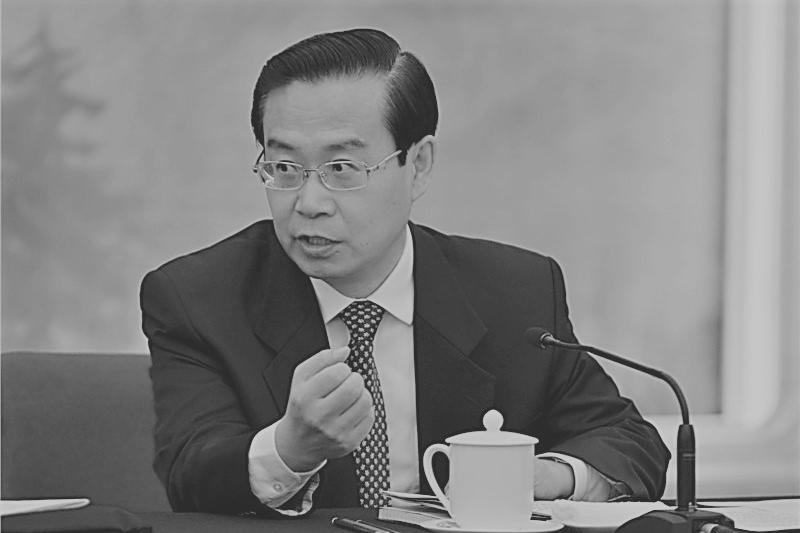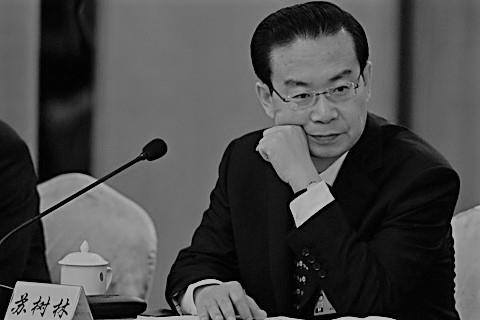Su Shulin, the former governor of southeastern coastal province of Fujian, has been expelled from his post and stripped of his Communist Party membership on July 4 following over a year of investigation, according to statements made by the Party’s disciplinary commission.
He is one of many officials taken down in current Chinese leader Xi Jinping’s anti-corruption campaign for his links to political figures associated with former Party head Jiang Zemin.
Another high-ranking official, vice-governor of Hebei Province Yang Chongyong, was also purged from his position and the Party on July 4.
Su Shulin had served as governor of Fujian Province since 2011; before then, he was based in his native province of Heilongjiang, Northeast China, where he held leading roles in the China National Petroleum Corporation (Sinopec).
Su was placed under investigation in October, 2015. According to the disciplinary commission’s public announcement, Su “abused power, seriously violated Party discipline, and resisted investigation, causing severe damage to the nation’s interests.”
The announcement said that Su “inflated his selfish desires; he became daring and presumptuous.”





